The Weekly Anthropocene, December 14 2022
Dispatches from the Wild, Weird World of Humanity and its Biosphere
Argentina
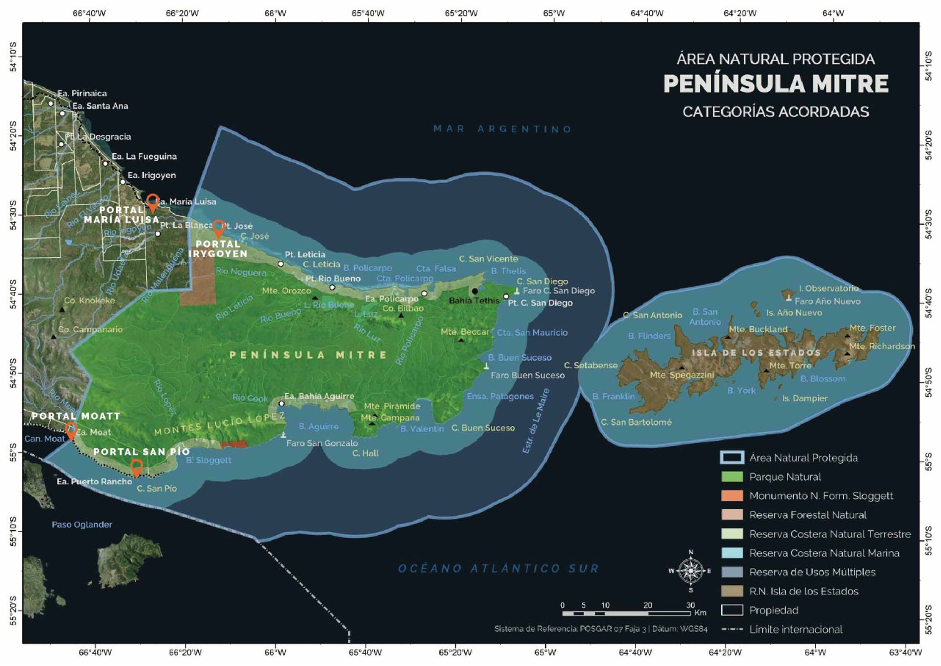
On December 6, the far-south Argentinian province of Tierra del Fuego created the Peninsula Mitre Natural Protected Area, protecting approximately 10,000 square kilometers of land and sea around the Mitre Peninsula and the nearby Isla de los Estados.


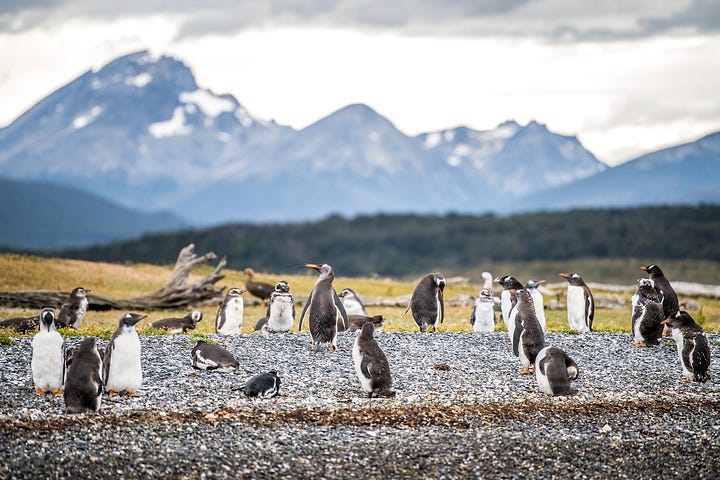
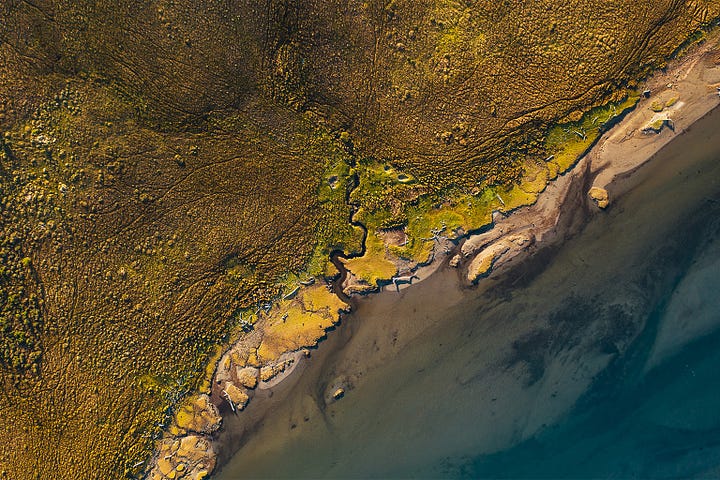
The area is rich in biodiversity, home to immense kelp forests, soft corals, sea lions, Andean condors, guanacos, the endangered southern river otter, and 140,000 pairs of yellow-plumed penguins, the largest such colony in the world1. It’s also a key area for climate regulation: the Mitre Peninsula is the largest peat reserve in South America, holding 84% of Argentina’s peatlands and sequestering over 315 million tonnes of carbon dioxide, or about three years’ worth of Argentina’s emissions. The new protected area also is home to 30% of Argentina’s kelp forests, and these specific kelp forests are among the most healthy and undamaged in the world. Excellent news!
United States
Wolves were hunted to extinction in California in the 1920s, but began to reappear in the 2010s, dispersing across the West from their reintroduction in Yellowstone National Park. An Oregonian wolf dubbed “OR-7” wandered into the Golden State in 2011, becoming the first Californian wild wolf in decades. As more wolves arrived, a new wolf pack formed in California in 2015, a second in 2017, and a third in 2020. Now, the California state government has confirmed that the Whaleback wolf pack gave birth to 8 wolf pups in spring 2022, all of which have survived-the largest wolf litter in California in a century! The state now has at least 29 wild wolves across the three packs, possibly more. This is a great example of rewilding in the Anthropocene, and heartening news for large carnivore conservation worldwide.
“This is a really great sign of the health of wolves. The fact that eight pups have made it this far into the year is really exciting.”
-Amaroq Weiss, Senior Wolf Advocate, Center for Biological Diversity
The United States has at least 4,000 (no one knows exactly how many) captive big cats, many of them kept by unqualified private citizens in terrible conditions in “roadside zoos” or as pets. This trade is woefully underregulated: in some states, it’s easier to buy a tiger than adopt a dog. Animal abuse is rampant, and many dead big cats may end up having their body parts sold to China on the black market. Now, at long last, the federal government is doing something about all this. The Big Cat Public Safety Act has now passed the House of Representatives with a 278-134 bipartisan majority, and passed the Senate with rare unanimous consent. It will now go to President Biden, who has already expressed support, to be signed into law. This bill is a huge win for both animal welfare and the fight against illegal wildlife tracking: it bans ownership of big cats for any entity except registered zoos, sanctuaries, universities, and government agencies, bans new breeding of big cats for private possession, and prohibits physical contact between the public and big cats, ending dangerous practices like “big cat selfies” and “cub petting.” Great news!
On December 7th, the Department of the Interior concluded the first-ever offshore wind lease auction in America’s Pacific Ocean, and the third offshore wind lease auction this year. Five companies bid a combined $757 million for five offshore wind lease areas off the coast of California. These five lease areas total 373,268 acres (over 500 square miles), and have the offshore wind potential to produce 4.6 gigawatts of energy, enough to power 1.5 million homes. This specific lease auction is also a market vote of confidence in the future of floating wind turbine technology: as California has a much thinner continental shelf than the East Coast and the ocean gets much deeper much closer to the shore, floating wind turbines will likely be necessary to build clean energy in these waters. Great news-the renewables revolution keeps rolling along!
“The Biden-Harris administration believes that to address the climate crisis head on, we must unleash a new era of clean, reliable energy that serves every household in America. Today’s lease sale is further proof that industry momentum – including for floating offshore wind development – is undeniable.”
-U.S. Interior Secretary Deb Haaland.
Democrat Raphael Warnock won the Senate runoff election in Georgia on December 6, 2022, bringing the Democrats up to a 51-seat Senate majority2. While this won’t help pass any new legislation (as Republicans took a very narrow majority in the House of Representatives), gaining a seat in the Senate has significant climate benefits, including giving Democrats a majority on several key Senate committees and making it easier to approve Biden Administration nominees. Good news for implementation of the transformative renewables funding in the Inflation Reduction Act!
The US Department of Energy has finalized a $2.5 billion loan to build three new lithium-ion electric vehicle battery factories in Ohio, Michigan, and Tennessee, part of the Midwest’s new “Battery Belt.” The factories will be built by Ultium Cells, a new joint venture of General Motors and LG Energy Solutions, and will together create over 11,000 jobs.
“This loan will jumpstart the domestic battery cell production needed to reduce our reliance on other countries to meet increased demand and support President Biden’s goals of widespread EV adoption and cutting carbon pollution produced by gas-powered vehicles.”
-U.S. Energy Secretary Jennifer Granholm
On December 9th, the US Treasury took a welcome step against China’s pirate fishing fleet, placing strong sanctions on Dalian Ocean Fishing Co, its chairman Li Zhenyu, Pingtan Marine Enterprise (PME), its chairman Xinrong Zhuo, an array of shell companies controlled by the above entities, and 157 specific China-flagged fishing vessels partially controlled by the above entities. It is now illegal for any of the above entities to own property in the United States or for any US citizen to do business with them. This is the first time such strong sanctions have been applied to an entity (in this case PME) listed on the NASDAQ stock exchange.
This is a long-overdue and much-needed action. Dalian and PME are among the worst offenders in China’s deep-water fishing industry, which is widely known for brutal abuse of its workers (often amounting to modern slavery), blatant violation of international fisheries regulations, and mass theft of fish from small-scale fishers in developing countries’ sovereign waters. (Here’s an in-depth report from The Economist). Dalian in particular is notorious for mass illegal shark finning and subjecting its workers to physical abuse, malnutrition, wage theft, and debt bondage, with several deaths reported. PME was the company behind much of the “pirate fleet” plundering Ecuador’s Galapagos Marine Reserve, with its floating slaughterhouses killing over 6,000 sharks in the area, many from endangered species. PME is also widely reported to abuse, starve, and withhold the wages of their crew.
While China’s out-of-control deep water fishing fleet remains a major threat to the world’s oceans, the United States is at least now cutting them off from American markets and finance. A good step forward!
“These designations demonstrate how seriously we take the problem of illicit fishing and our commitment to holding the perpetrators of serious human rights abuses to account.”
-Under Secretary of the Treasury for Terrorism and Financial Intelligence Brian E. Nelson.
Greenland
In a new study in Nature, scientists reveal that they have isolated and sequenced the oldest readable DNA ever found, extracted from two million-year-old sediments from ice-covered Kap København in far-northern Greenland. This DNA comes from an Early Pleistocene interglacial period and reveals that during that time, northern Greenland was covered by a rich mixed boreal/arctic ecosystem unlike anything found today. The researchers identified DNA from mastodons, caribou3, hares, lemmings, geese, horseshoe crabs, and green algae, as well as a wide range of plant species including willow, birch, poplar, and thuja4 trees. This is particularly interesting for the rapidly-warming Greenland of the Anthropocene epoch. For example, many of the the plant species present in the verdant Kap København of the Early Pleistocene appear to have adapted to live in a climate that was fairly warm, but still at the poles, so shrouded in darkness for nearly half the year-a situation unlike any that exists today. The warmth/darkness-adapted genes found in this ancient DNA could end up being useful in helping their modern descendants adapt to live in the warming Arctic of the future. This is pretty interesting stuff!
"It is possible that genetic engineering could mimic the strategy developed by plants and trees two million years ago to survive in a climate characterised by rising temperatures and prevent the extinction of some species, plants and trees. This is one of the reasons this scientific advance is so significant because it could reveal how to attempt to counteract the devastating impact of global warming."
-Professor Kurt Kjær, coauthor of the new study.
Also known as macaroni penguins (Eudyptes chrysolophus).
Senator Kyrsten Sinema of Arizona also shifted her party affiliation from Democratic to Independent, but as she will continue to caucus with the Democrats and hold committee posts as a Democrat, this will likely have little to no impact on the Democratic majority. (She probably did this to avoid a Democratic primary challenger in 2024). Senators Angus King of Maine and Bernie Sanders of Vermont are officially Independents as well (so technically the Senate count is 48 Democrats, 49 Republicans, and 3 Independents). However, King, Sanders, and now Sinema are Democrats for all practical purposes and count towards Democrats’ 51-seat majority.
Rangifer tarandus, the same species known in Europe as reindeer.




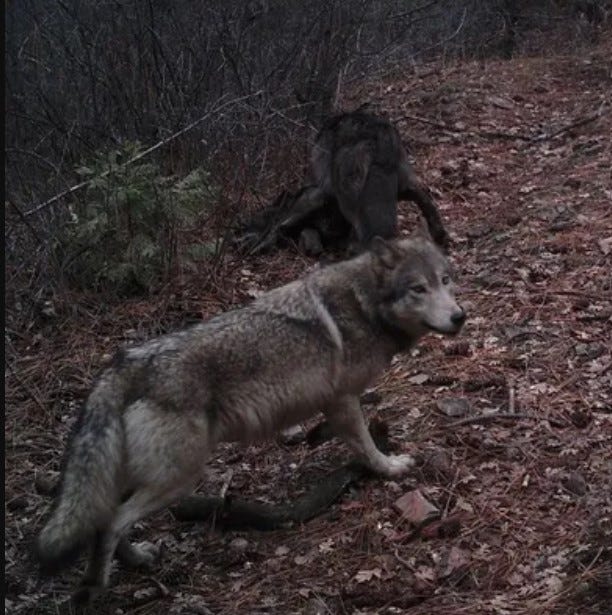
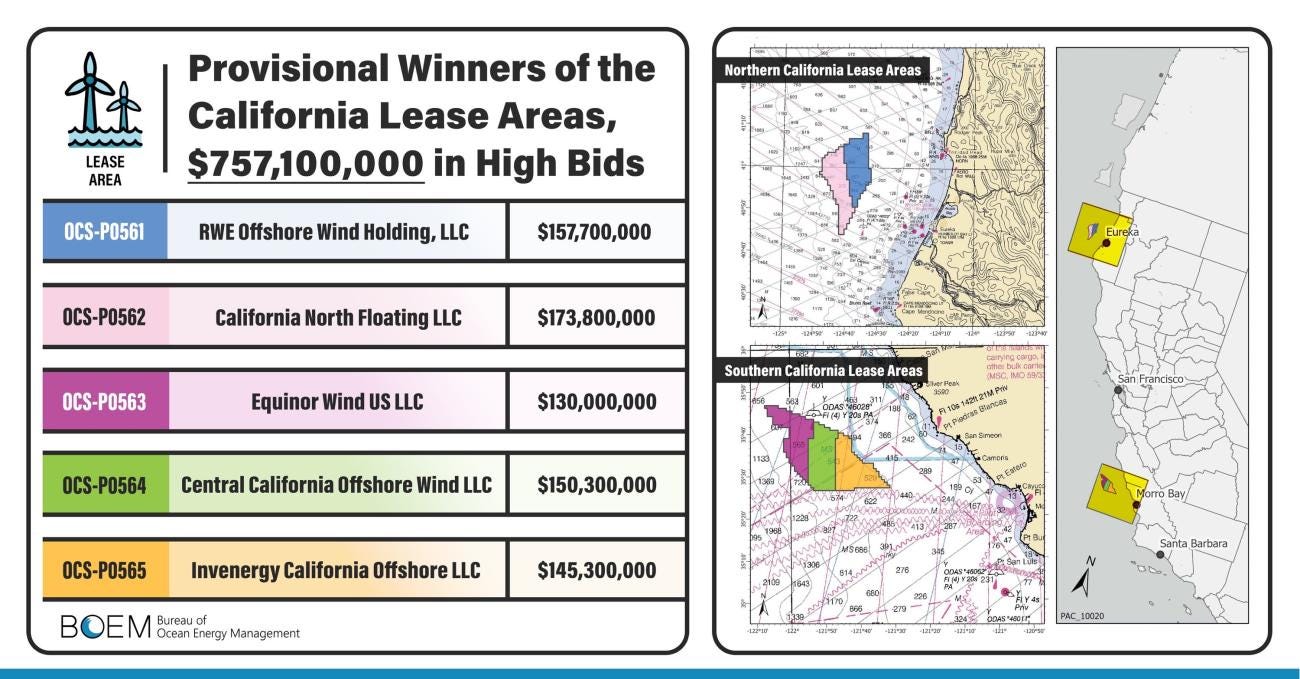
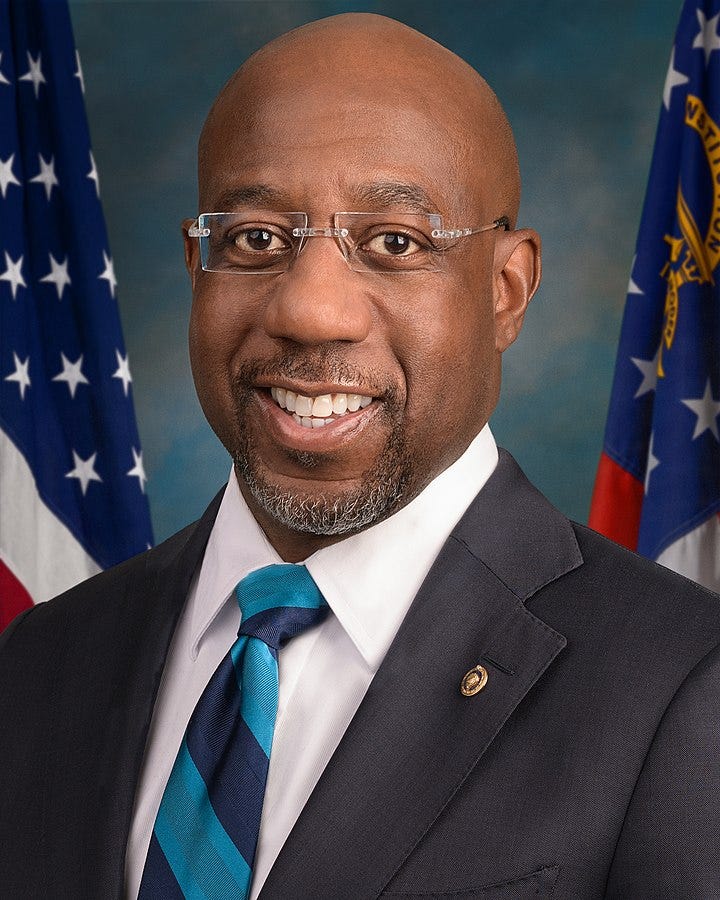


So much good and optimistic news in one spot! I really look forward to your weekly edition, it's indispensable as you give us hope in these dark times. Reminds me of that quote from Camus: "In the midst of Winter, I found within myself, an invincible Summer."